wholesale lifepo4 golf cart battery
The Future of Energy Storage: Insights into Wholesale Lithium Iron Phosphate (LiFePO4) Golf Cart Batteries
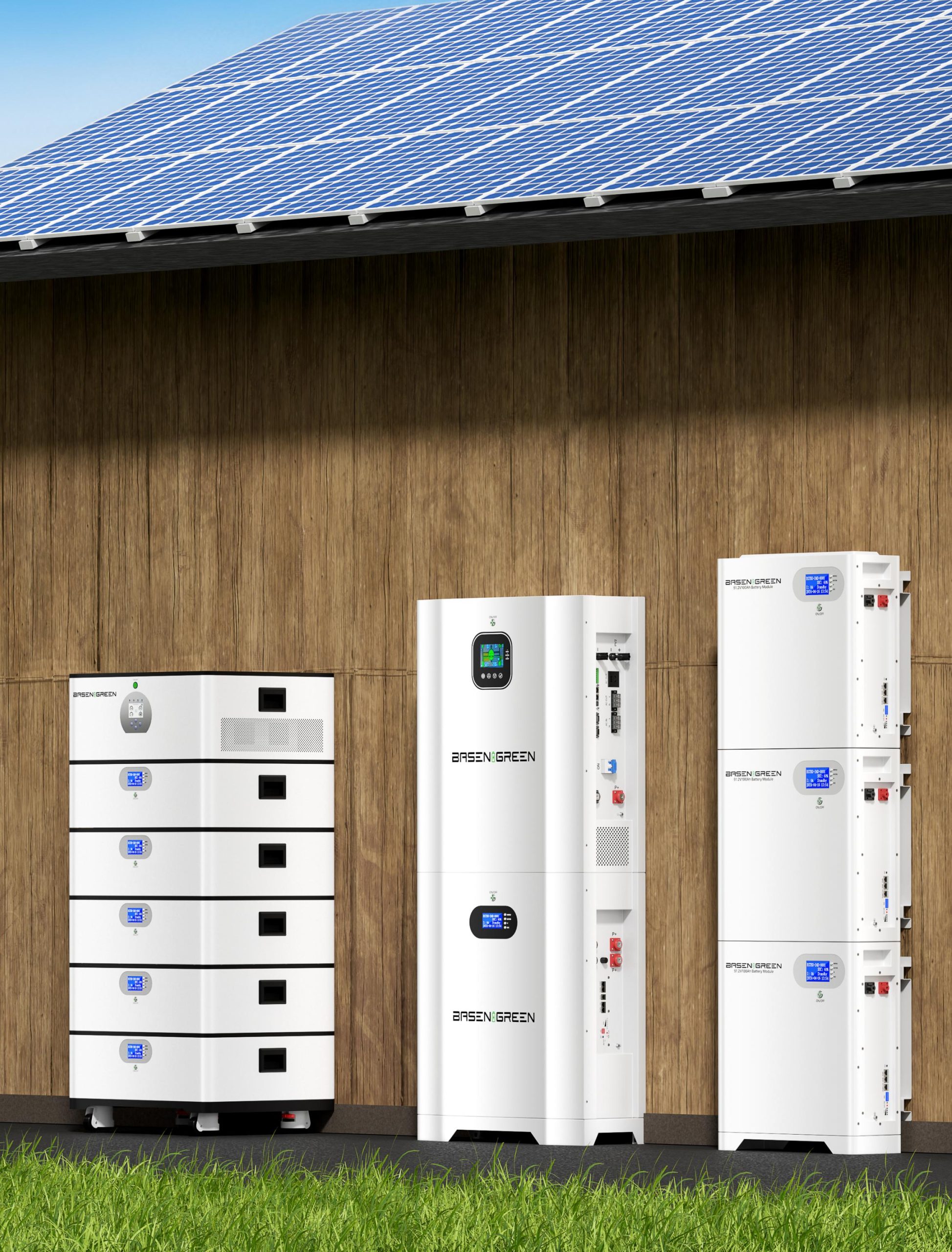
The global demand for sustainable energy solutions continues to rise, driven by the increasing adoption of renewable energy sources and the need to reduce carbon footprints. In this context, lithium-ion batteries have emerged as a cornerstone technology, offering high energy density, long lifespan, and reliability. Among the various lithium-ion battery chemistries available, lithium iron phosphate (LiFePO4) has gained significant traction, particularly in the wholesale market for golf cart batteries. This article delves into the key aspects of wholesale LiFePO4 golf cart batteries, their role in energy storage systems, and the broader implications for the green energy landscape.
The Rise of Lithium-Iron Phosphate (LiFePO4) Batteries
LiFePO4 batteries are a variant of lithium-ion batteries that utilize iron phosphate as the cathode material. This chemistry offers several advantages over traditional lithium-ion batteries, including enhanced safety, longer cycle life, and better thermal stability. These attributes make LiFePO4 batteries an ideal choice for applications that require consistent performance and durability, such as electric vehicles, solar energy storage systems, and, of course, golf cart batteries.
In recent years, the wholesale market for LiFePO4 batteries has expanded significantly, driven by the growing adoption of electric vehicles and the increasing emphasis on sustainable energy storage solutions. According to the National Renewable Energy Laboratory (NREL), the global lithium-ion battery market is expected to grow at a compound annual growth rate (CAGR) of 12.3% from 2023 to 2030, with LiFePO4 batteries playing a pivotal role in this expansion.
The Role of Wholesale LiFePO4 Golf Cart Batteries in Energy Storage
Golf carts are a popular application for LiFePO4 batteries, thanks to their ability to deliver consistent power over multiple cycles. These batteries are not only cost-effective but also environmentally friendly, making them a preferred choice for both consumers and businesses. Moreover, the growing adoption of LiFePO4 batteries in the golf cart market aligns with the broader trend of electrifying transportation, which is a critical component of the global shift toward green energy.
Energy storage systems are becoming increasingly integral to the renewable energy landscape. By incorporating LiFePO4 batteries into these systems, users can store excess energy generated by solar panels or wind turbines and use it during periods of low generation. This capability is particularly valuable for businesses and homeowners looking to reduce their reliance on the grid and lower their energy costs.
Key Benefits of Wholesale LiFePO4 Golf Cart Batteries
High Energy Density: LiFePO4 batteries offer a high energy-to-weight ratio, making them ideal for applications where space and weight are critical factors. This characteristic is particularly beneficial for golf carts, which require a balance between power and portability.
Long Lifespan: These batteries are known for their extended cycle life, often exceeding 2,000 cycles under normal operating conditions. This longevity makes them a cost-effective solution for businesses and consumers looking for a durable and reliable power source.
Enhanced Safety: LiFePO4 batteries are inherently safer than other types of lithium-ion batteries due to their more stable chemical composition. They are less prone to thermal runaway, a condition that can lead to overheating and potential fire hazards, particularly in high-temperature environments.
Environmental Friendliness: LiFePO4 batteries are more environmentally friendly than traditional lead-acid batteries, as they contain no hazardous materials like lead and cadmium. Additionally, the production process for LiFePO4 batteries generates fewer toxic byproducts, contributing to a smaller environmental footprint.
Challenges in the Wholesale Lithium-Iron Phosphate Battery Market
Despite their numerous advantages, the wholesale LiFePO4 battery market faces certain challenges. One of the primary issues is the availability of raw materials, particularly cobalt and lithium. The increasing demand for these materials has led to supply chain constraints and rising costs, which could impact the overall viability of LiFePO4 batteries in the long term.
Another significant challenge is the competition from other battery chemistries, such as lithium-nickel manganese cobalt (NMC) and lithium-titanium oxide. These chemistries offer different performance characteristics that may be more suitable for specific applications, depending on the needs of the user.
The Importance of a Reliable Supply Chain
To address these challenges, it is essential to have a robust and reliable supply chain in place. This includes secure sources of raw materials, advanced manufacturing facilities, and efficient distribution networks. By ensuring a stable supply chain, manufacturers can meet the growing demand for LiFePO4 batteries while maintaining competitive pricing and high-quality standards.
Moreover, companies that specialize in the wholesale distribution of LiFePO4 batteries should prioritize transparency and traceability in their supply chain. This not only enhances the credibility of the company but also ensures that customers can trust the quality and safety of the products they receive.
As the world continues to transition toward sustainable energy solutions, the role of LiFePO4 batteries in the wholesale market for golf cart batteries is likely to grow even more significant. These batteries offer a unique combination of performance, safety, and environmental benefits that make them a preferred choice for a wide range of applications.
By addressing the challenges in the supply chain and prioritizing innovation, companies can continue to meet the evolving needs of their customers while contributing to the global effort to combat climate change. In the end, the widespread adoption of LiFePO4 batteries represents a crucial step toward a more sustainable and energy-efficient future.

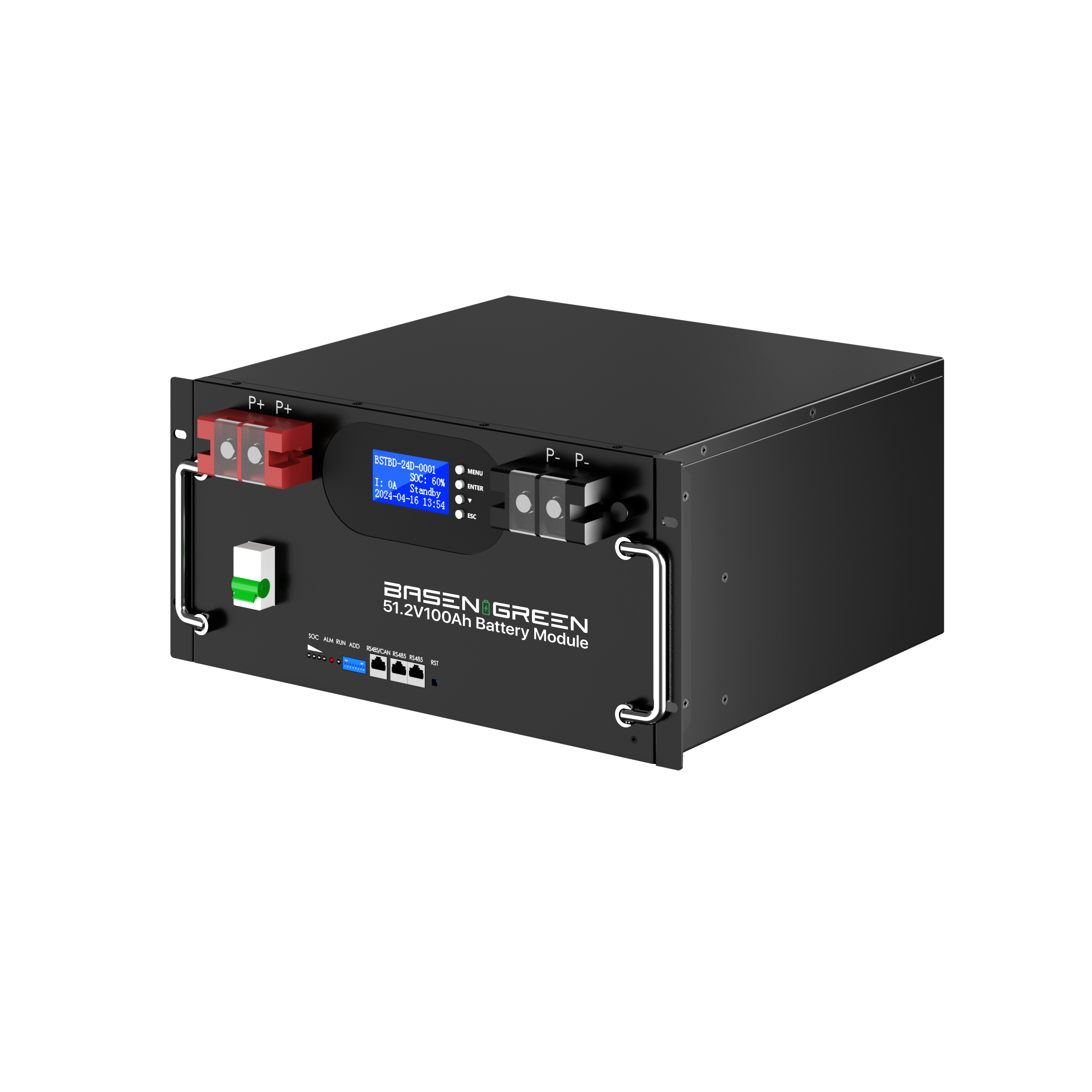
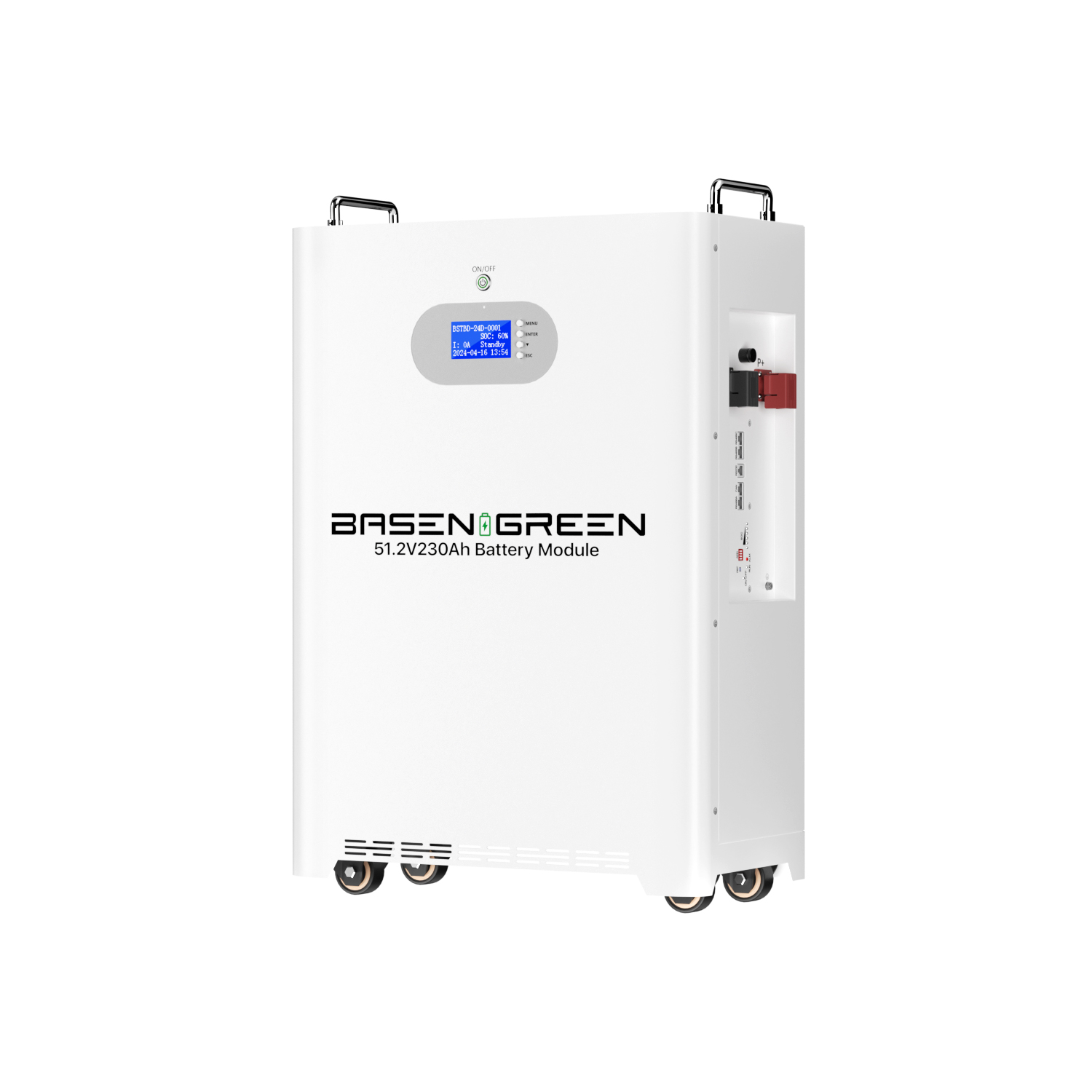
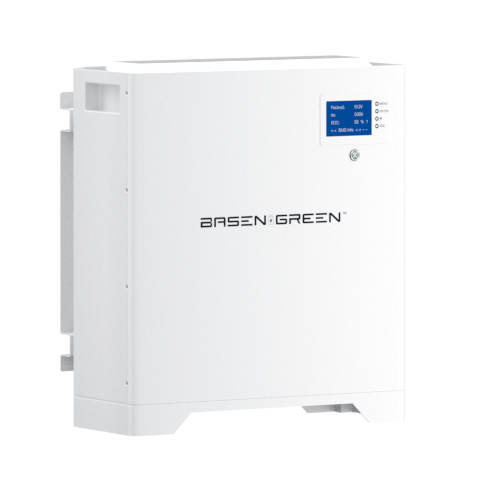
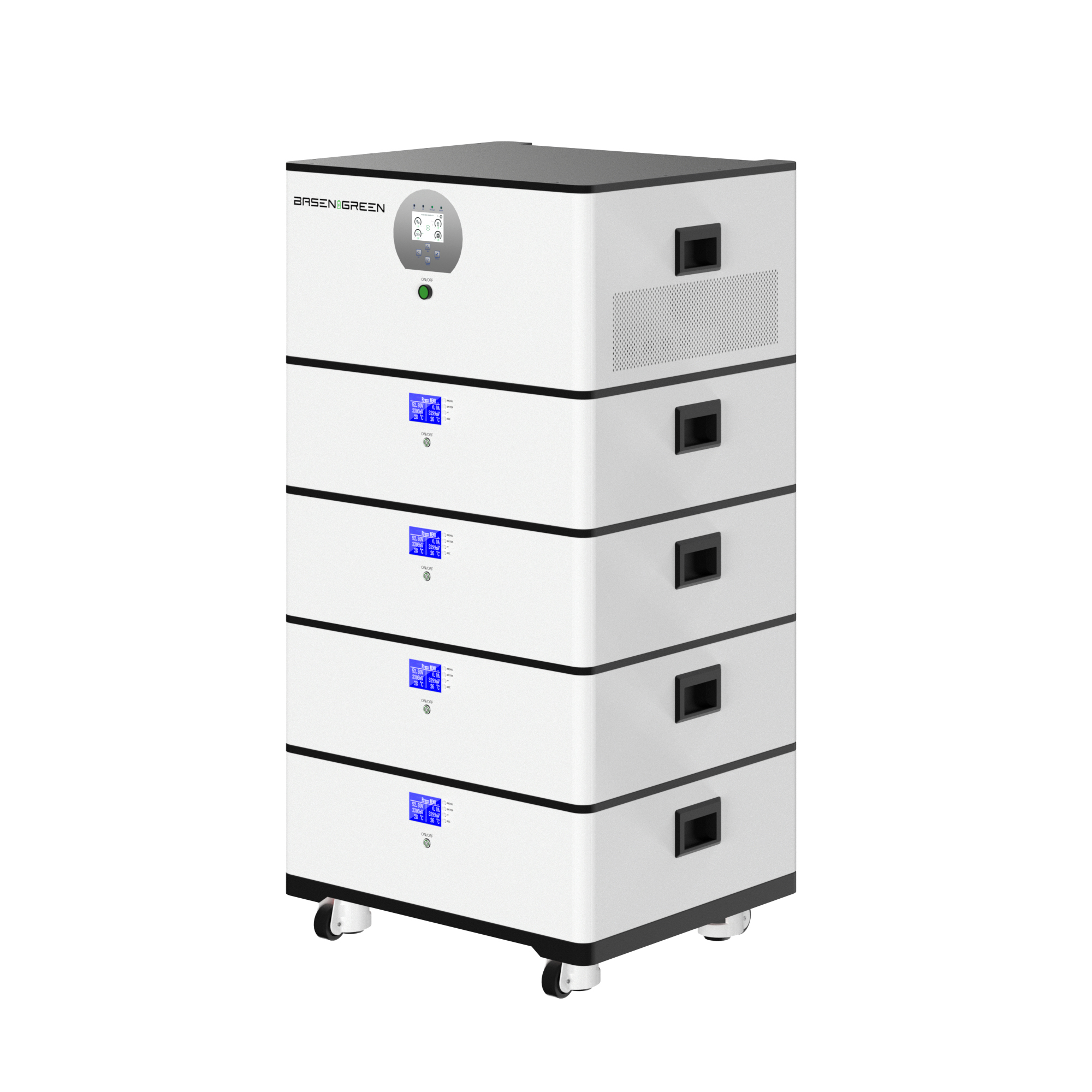

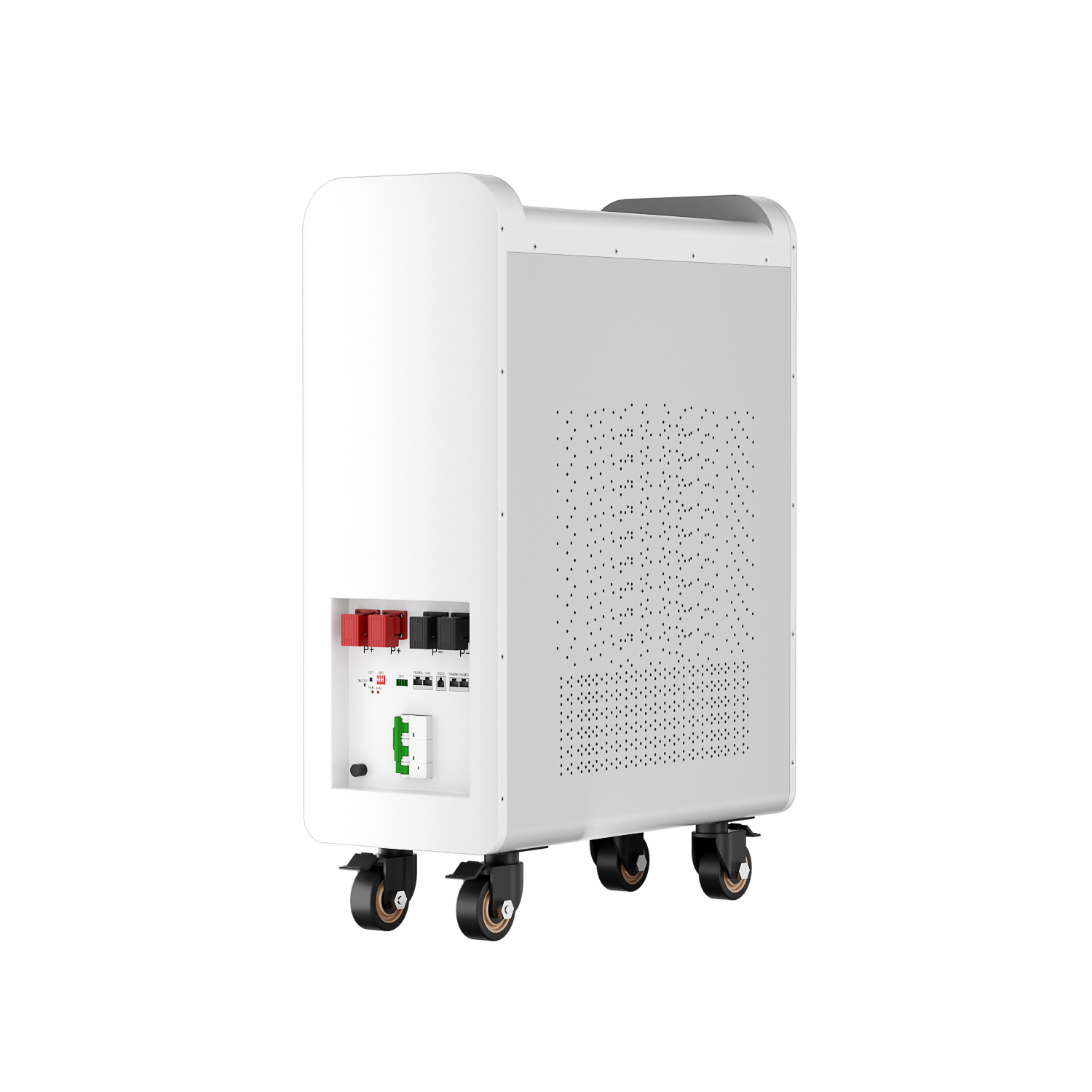
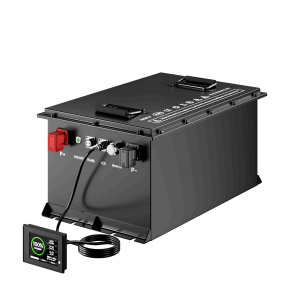
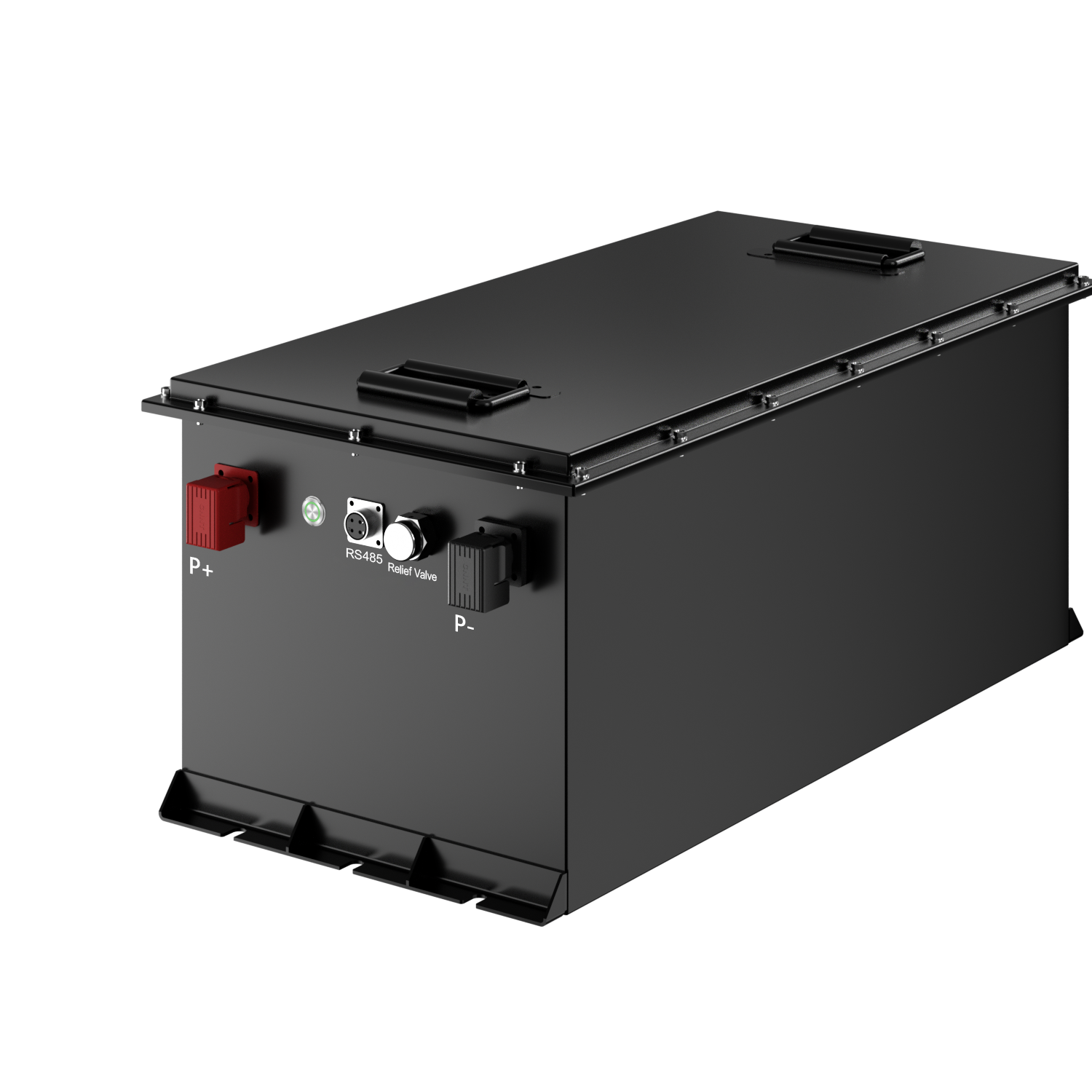
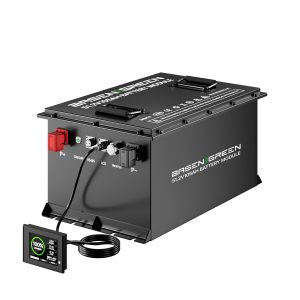
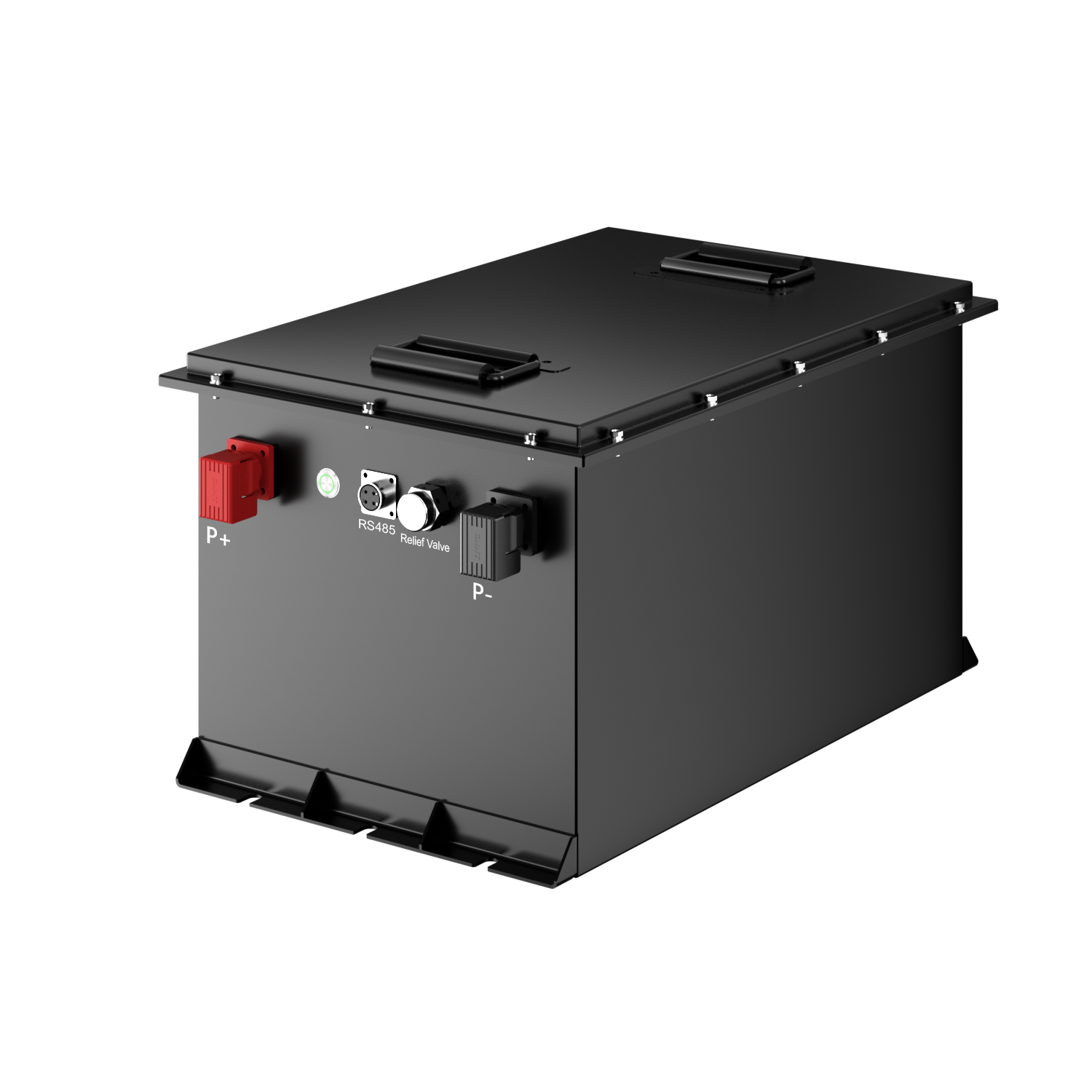
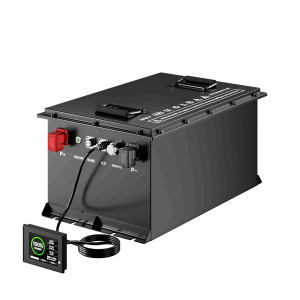
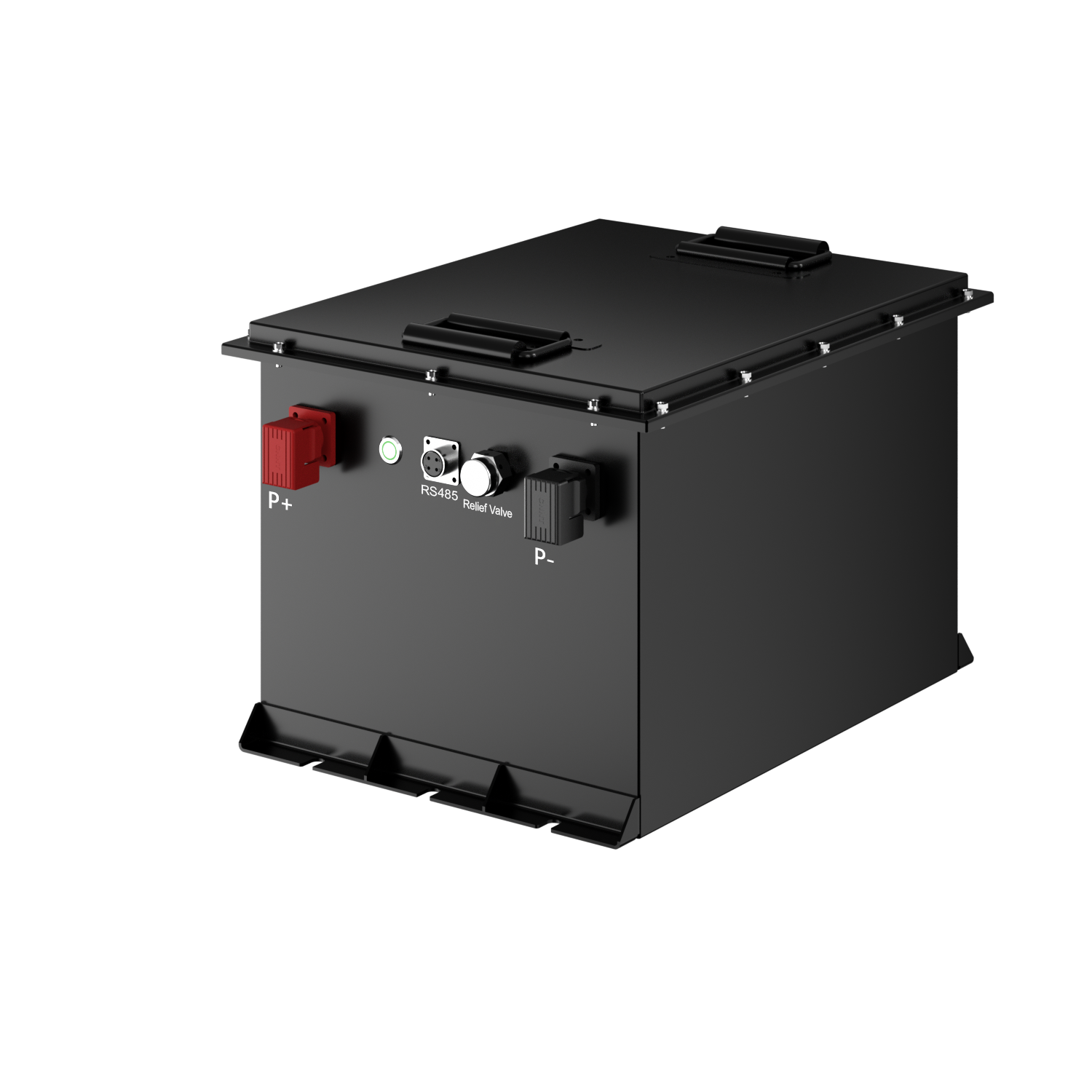
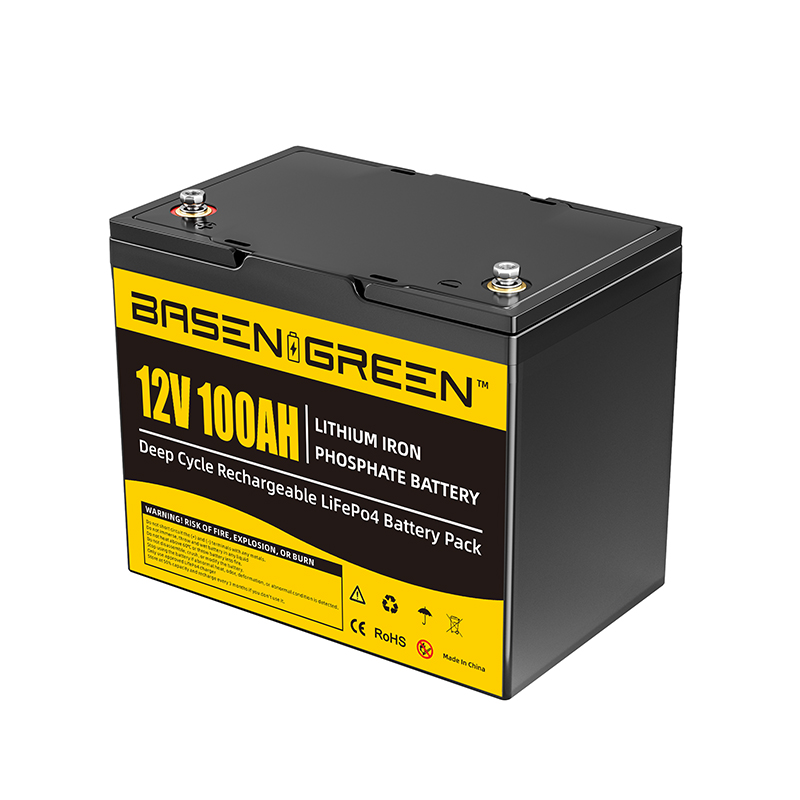
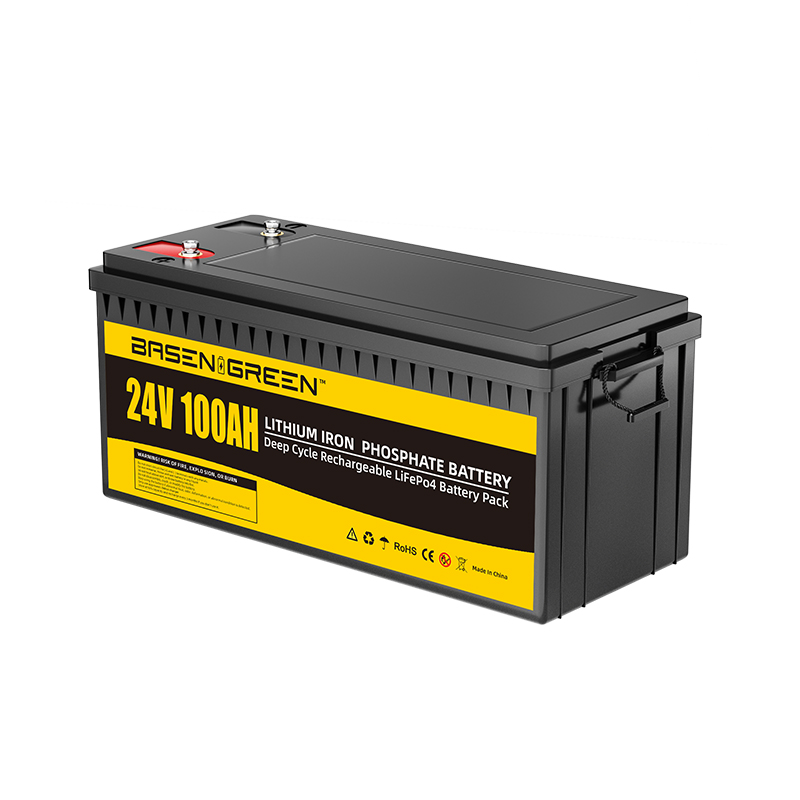
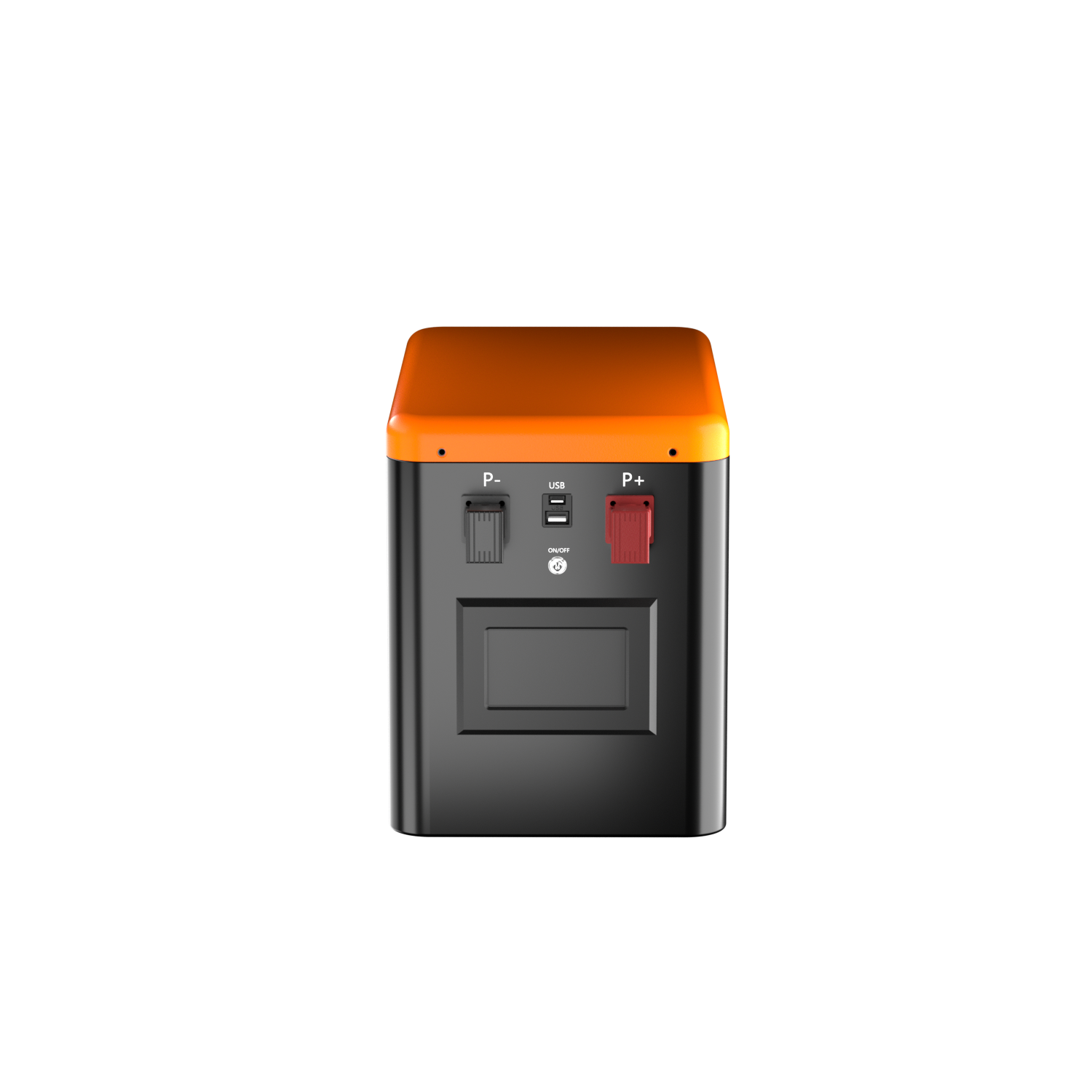
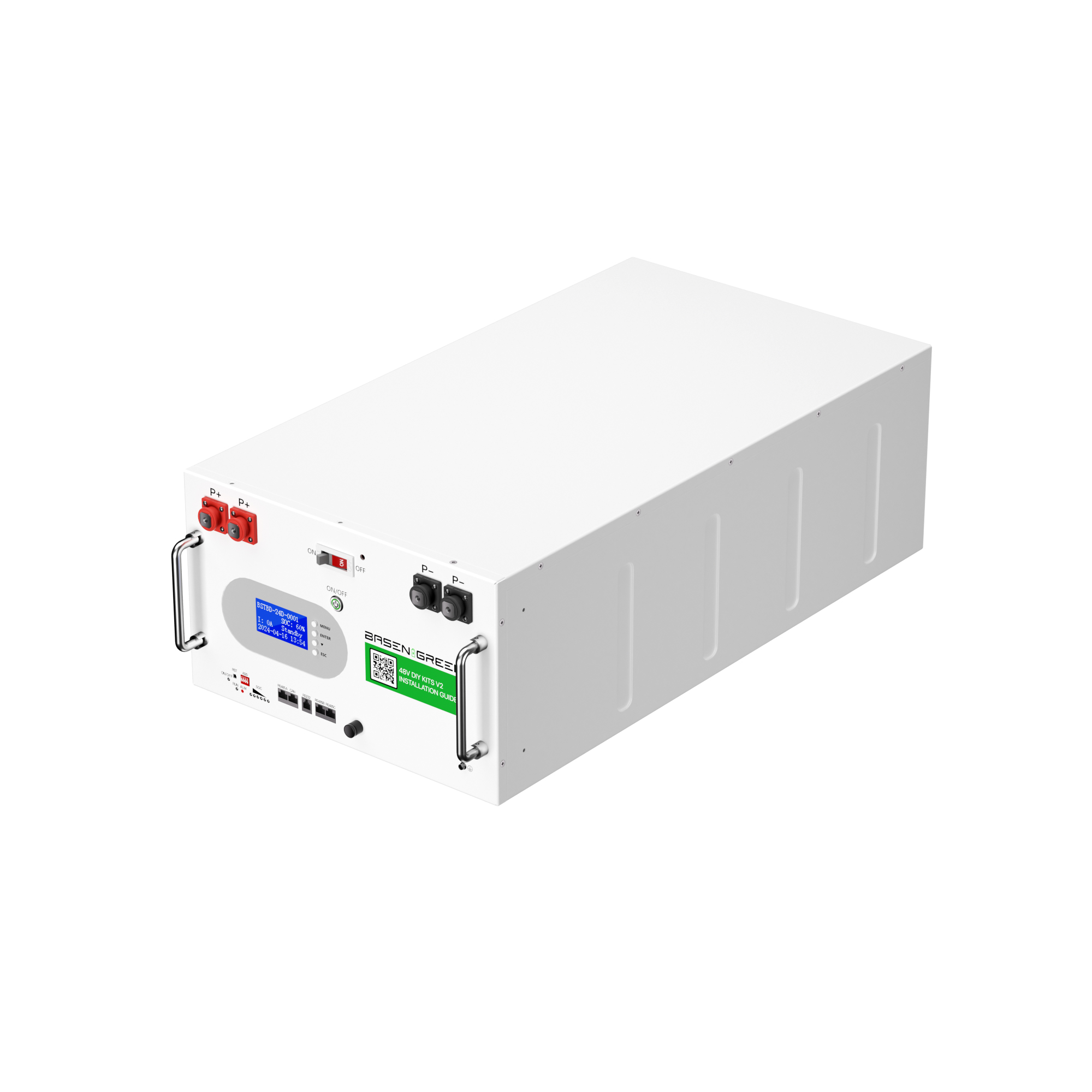
.png)